Democracy, Civic, and Global Engagement | 2024-25
Dialogues in Democracy

Dialogues in Democracy is an interdisciplinary collection of University of Michigan Press books that explore the core tensions in American political culture. These tensions erupt every four years during the presidential election, but they also shape our daily experiences of democracy outside the voting booth. This dynamic reading list offers an opportunity for students to experience the richest, most comprehensive scholarship available today. Readers will find books that contextualize their own experiences of voting in America. They will also find big picture analyses of leadership, activism, and international pressures, as well as critiques of the democratic processes that control who gets to sit in the chair, and who gets to pull the lever.
You can explore key titles below or download a reading guide and click the title or cover of the book you wish to access. All books are in the downloadable guide are open access - free to anyone with an internet connection.
The Three Ages of Government: From the Person, to the Group, to the World
It is only in the last 250 years that ordinary people (in some parts of the world) have become citizens rather than subjects. This change happened in a very short period, between 1780 and 1820, a result of the foundations of democracy laid in the age of revolutions. A century later local governments embraced this shift due to rapid industrialization, urbanization, and population growth. During the twentieth century, all democratic governments began to perform a range of tasks, functions, and services that had no historical precedent. In the thirty years following the Second World War, Western democracies created welfare states that, for the first time in history, significantly reduced the gap between the wealthy and everyone else. Many of the reforms of that postwar period have been since rolled back because of the belief that government should be more like a business. Jos C.N. Raadschelders provides the information that all citizens should have about their connections to government, why there is a government, what it does, how it does it, and why we can no longer do without it. The Three Ages of Government rises above stereotypical thinking to show the centrality of government in human life.
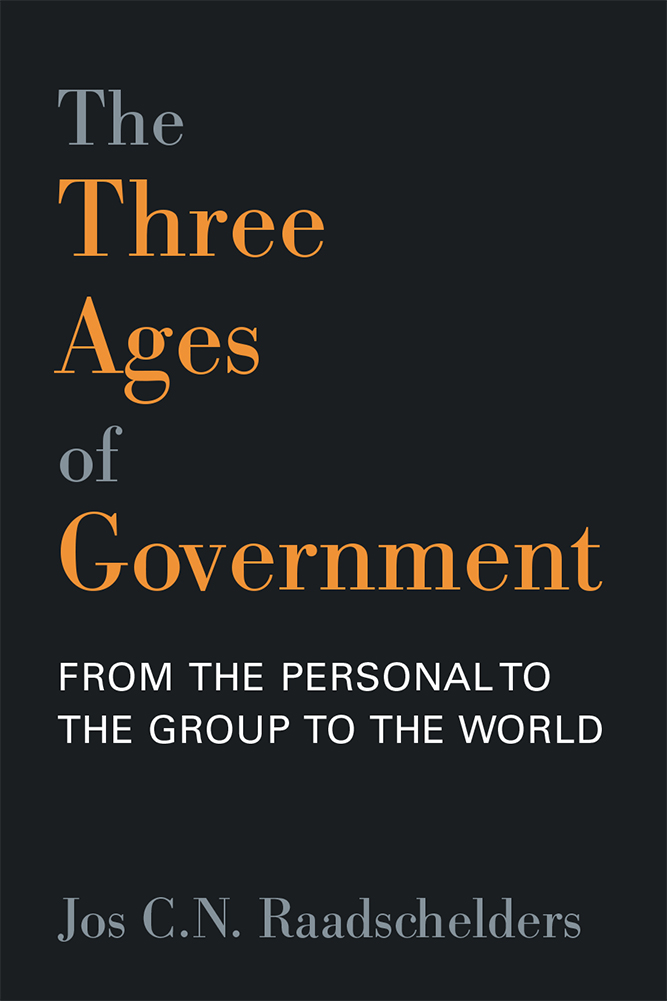
Available via Open Access
This book is freely available in an open access edition thanks to TOME (Toward an Open Monograph Ecosystem)—a collaboration of the Association of American Universities, the Association of University Presses, and the Association of Research Libraries—and the generous support of The Ohio State University Libraries. Learn more at the TOME website, available at: openmonographs.org.
Dialogues in Democracy: In Conversation
Listen to our political science authors debate key topics central to American democracy
Our limited podcast series brings several illuminating conversations to the University of Michigan campus. Each episode features a pair of authors bringing different perspectives to the table on issues of national, and international, concern: social policy, national security, racial justice, and leadership. Listen to the episodes below.
Books Highlighted:
- Strike for the Common Good: Fighting for the Future of Public Education by Rebecca Kolins Givan and Amy Schrager Lang, Editors (featured in Episode 1 of the mini series)
- More or Less Afraid of Nearly Everything: Homeland Security, Borders, and Disasters in the Twenty-First Century by Ben Rohrbaugh (featured in Episode 2 of the mini series)
- Concordance: Black Lawmaking in the U.S. Congress from Carter to Obama by Katherine Tate (New Edition) (featured in Episode 3 of the mini series)
Democracy
Alignment, Alliance, and American Grand Strategy by Zachary Selden
Campaign Finance and Political Polarization: When Purists Prevail by Raymond J. La Raja and Brian F. Schaffner
Czars in the White House: The Rise of Policy Czars as Presidential Management Tools by Justin S. Vaughn and José D. Villalobos
Democracy and Imperialism: Irving Babbitt and Warlike Democracies by William S. Smith
Gendered Vulnerability: How Women Work Harder to Stay in Office by Jeffrey Lazarus and Amy Steigerwalt
Initiatives without Engagement: A Realistic Appraisal of Direct Democracy's Secondary Efforts by Joshua J. Dyck and Edward L. Lascher, Jr.
Liberalism and Leadership: The Irony of Arthur Schlesinger, Jr. by Emile Lester
More or Less Afraid of Nearly Everything: Homeland Security, Borders, and Disasters in the Twenty-First Century by Ben Rohrbaugh
The Presidential Expectations Gap: Public Attitudes Concerning the Presidency by Richard Waterman, Carol L. Silva, and Hank Jenkins-Smith
The Primary Rules: Parties, Voters, and Presidential Nominations by Caitlin E. Jewitt
Private Guns, Public Health, New Ed. by David Hemenway
State of Empowerment: Low-Income Families and the New Welfare State by Carolyn Barnes
Thucydides’s Trap?: Historical Interpretation, Logic of Inquiry, and the Future of Sino-American Relations by Steve Chan

Caitlin E. Jewitt is an Assistant Professor of Political Science at Virginia Polytechnic Institute and State University. Her research focus includes campaigns and elections, public opinion, political parties, and presidential primaries and caucuses. Listen to the podcast interview on her book 'The Primary Rules' below.
Gendered Vulnerability
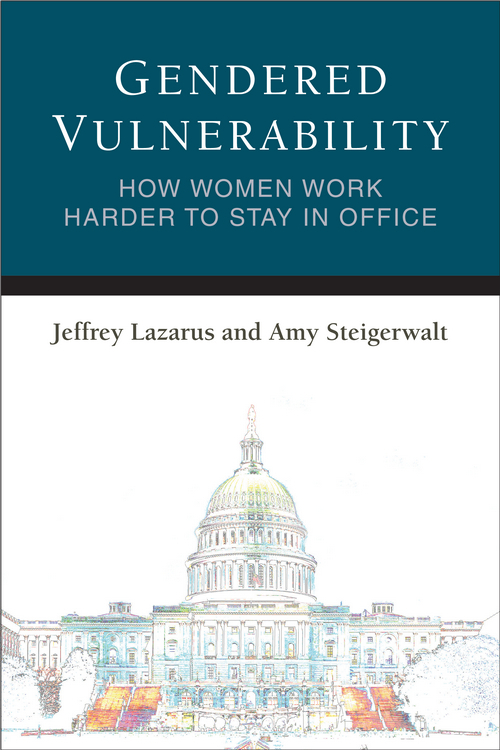
No matter the area of legislative activity, the underlying story is always the same: for any activity a member of Congress engages in that is designed to get the attention or win the affection of voters, female members simply do it more.
Three Main Electoral Hurdles
All women candidates, challengers and incumbents alike, face pervasive gender stereotypes; a greater likelihood of facing more and better-quality challengers; and media coverage that is low quality and more focused on women’s appearance and traits.
Gendered Behavior
Female officeholders, as compared to males, will concentrate more of their efforts on constituent-related activities and those that provide the highest reelection payoffs.
Producing Desired Effects
Through their work in office, women more faithfully represent all of their constituents' interests and needs than men, positively influencing their electability
This illuminating podcast episode from NPR's Hidden Brain uses research from Brian F. Schaffner, author of Campaign Finance and Political Polarization, explores the paradox of our passion for politics: we're more informed than ever, but many of us are also less politically active.
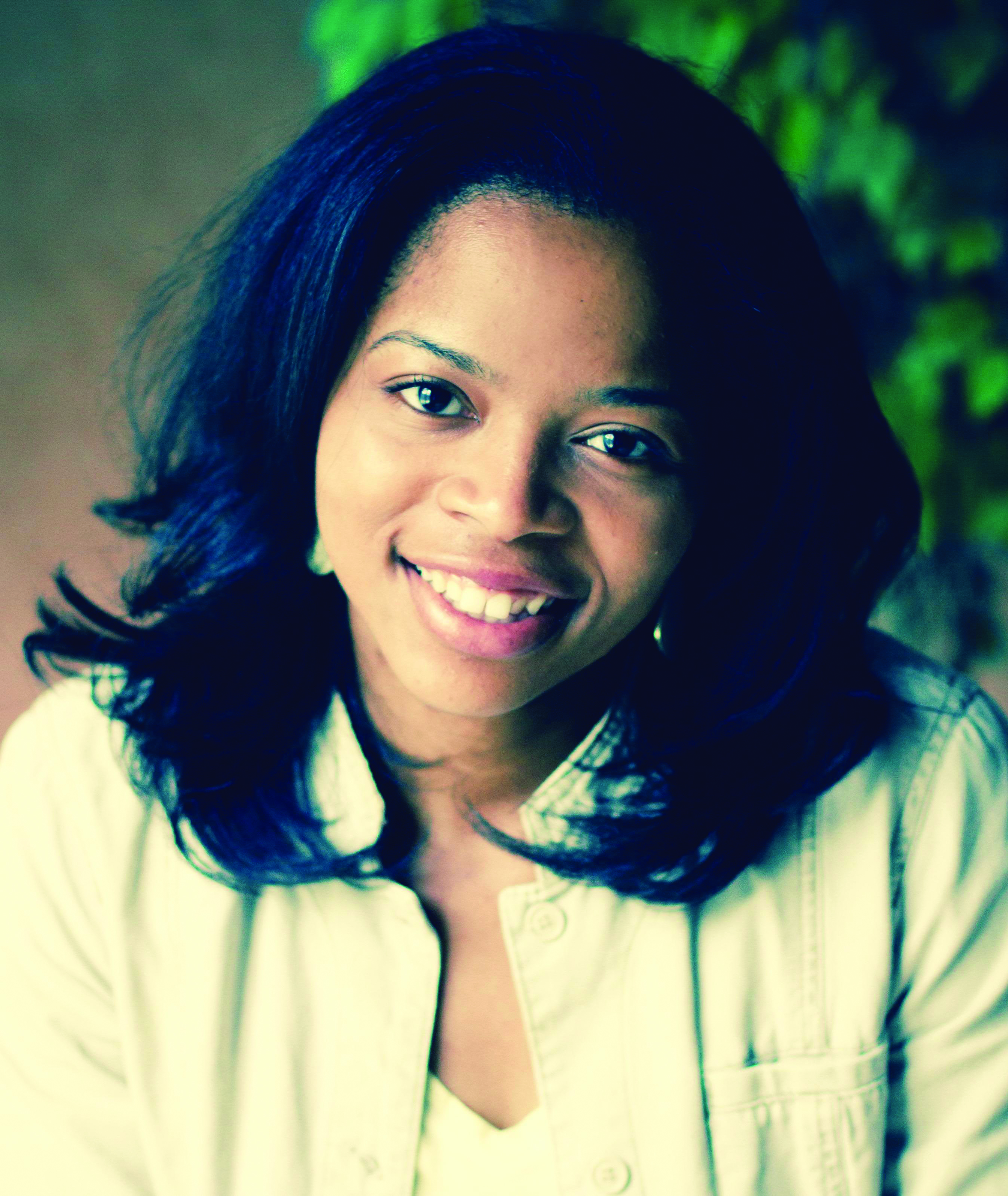
Carolyn Barnes is Assistant Professor of Public Policy and Political Science at Duke University. Her research agenda broadly explores the social and political implications of social policy on low-income populations in the areas of childcare policy, family services, and supports for young children.
State of Empowerment
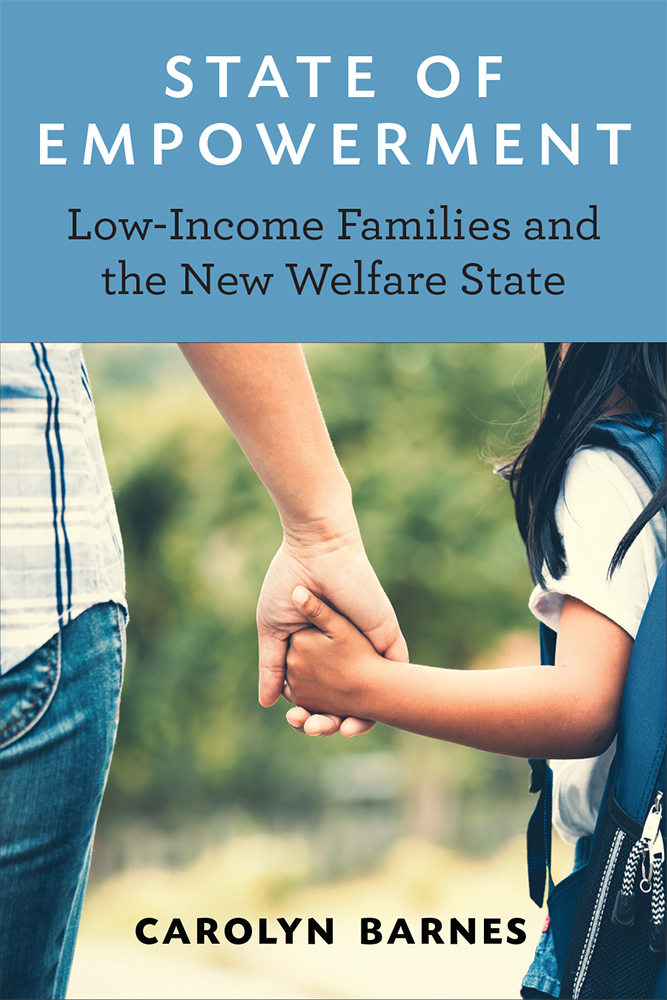
In a remarkable turn of events—especially given the long history of punitive social policies that leave recipients feeling policed, distrusted, and alienated—government-funded after-school programs quietly become powerful forces for political and civic engagement.
Investment in After-School Programs
In 2015, U.S. governments spent $25 million to support programs aiming to enrich youth development and boost academic performance through recreational activities, homework help, and extra instructions
Policy Matters
Public policy, diffused through its features and administrative organizations, conveys messages about government and social attitudes that can influence citizens' interest and capacity for participation
Benefitting the Parents
After-school programs have substantial guidelines on how to engage parents that have the capacity to positively shape parents' experience with these programs, as well as their communities and civic action.
Thucydides's Trap?
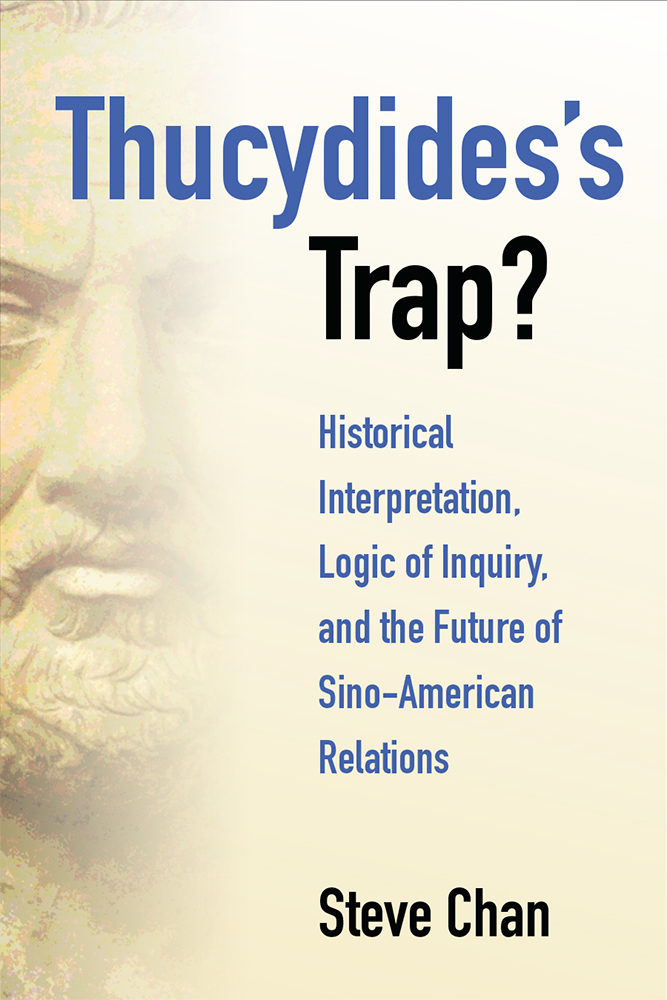
It is important to recognize that great-power wars can happen in the absence of any power transition and when one or more belligerents were not motivated by a revisionist agenda.
What is "Thucydides's Trap"?
Based on the writings of an ancient Greek historian, this theory states that a dominant nation will inevitably be provoked to war when another country strengthens its power; it's a scenario of "either/or", not "both/and."
What's the Motive?
Power-transition theory claims that the danger of war is only present when a rising power is motivated to revise the status quo, suggesting that it's not the dominant power that throws the gauntlet.
The United States vs. China
Chan argues that current Sino-American relations cannot be reduced to these theories, and that war between the two nations can be avoided by observing lessons learned from past accommodation of rising states.

Steve Chan is College Professor of Distinction at the University of Colorado at Boulder, where he teaches political science. His research interests cover international relations, political economy, foreign policy, decision-making, and East Asia. His publications include fifteen books and over one hundred and fifty articles and chapters.
Joshua J. Dyck, one of the authors of Initiatives without Engagement, discusses reasons to be optimistic about young voter engagement in this podcast episode from UC Berkeley.
Debate
The American Voter Revisited by Michael S. Lewis-Beck, William G. Jacoby, Helmut Norpoth, and Herbert F. Weisberg
Black America in the Shadow of the Sixties: Notes on the Civil Rights Movement, Neoliberalism, and Politics by Clarence Lang
Concordance: Black Lawmaking in the U.S. Congress from Carter to Obama by Katherine Tate (New Edition)
Decency and Difference: Humanity and the Global Challenge of Identity Politics by Steven C. Roach
#identity: Hashtagging Race, Gender, Sexuality, and Nation by Abigail De Kosnik and Keith P. Feldman, Editors
Imagining Politics: Interpretations in Political Science and Political Television by Stephen Benedict Dyson
Muslims in a Post 9/11 America: A Survey of Attitudes and Beliefs and Their Implications for U.S. National Security Policy by Rachel M. Gillum
Performance, Transparency, and the Cultures of Surveillance by James M. Harding
The Politics of American Jews by Herbert F. Weisberg
The Politics of Millennials: Political Beliefs and Policy Preferences of America's Most Diverse Generation by Stella M. Rouse and Ashley D. Ross
The Remarkable Rise of Transgender Rights by Jami K. Taylor, Daniel C. Lewis, and Donald P. Haider-Markel
Strike for the Common Good: Fighting for the Future of Public Education by Rebecca Kolins Givan and Amy Schrager Lang, Editors (Releasing October 19, 2020)
Vitality Politics: Health, Debility, and the Limits of Black Emancipation by Stephen Knadler
Warped Narratives: Distortion in the Framing of Gun Policy by Melissa K. Merry
Zombie History: Lies About Our Past that Refuse to Die by Peter Charles Hoffer
The Politics of Millennials
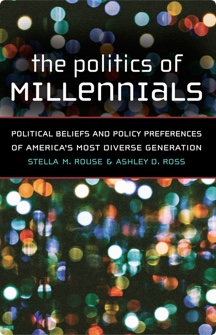
While this generation sees current politics, politicians, and institutions as out of touch with their values and norms, they do believe government can be a vehicle for good in the world.
Who Are Millennials?
Millennials were born between 1981 and 1996, meaning that in 2020, the oldest Millennials are 39 and the youngest are 24.
Turning Out to Vote
Millennials are the largest voting cohort in 2020, but like all young people they do not vote in large numbers
Disbelief in Politics
Millennials are politically active but do not believe in traditional politics—“the system is rigged.” For example, they have the highest belief in climate change but do not support policy-centered climate change initiatives
#identity

Twitter lives on as a significant site of US public debate, especially around questions of how diverse bodies, languages, cultures, worldviews, orientations, and experiences are being recognized or denied by this nation.
Fighting Invisibility
Platforms like Twitter allow users to mask their identity, so performance becomes a deliberate choice asserting the existence of and vocality of that minority
Making Spaces through Hashtags
Phenomenons such as Black Twitter and the global impact of hashtags such as #MeToo have fostered communities and amplified voices for groups of various races, ethnicities, genders, sexualities, and social movements.
Not Always Positive
Twitter and other networks are not only used by progressive activists, but also by extremist groups. There are dangers to the creation of these "mutually-reinforcing hyper-partisan sites" for all groups, and what is discussed on Twitter can manifest in the real world—for good or bad.
Watch the University of Michigan Press author talk with Melissa K. Merry, author of Warped Narratives, that illuminates how both gun control activists and Second Amendment advocates focus on atypical scenarios in their attempts to shape law and culture.
Black America in the Shadow of the Sixties
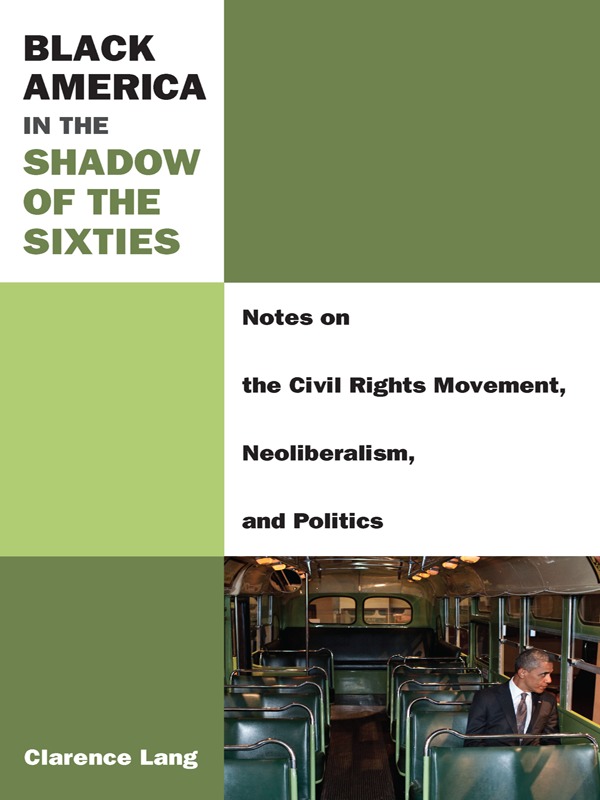
The long shadow of the Sixties can unwittingly shroud present-day political imagination, deadening our ability to properly conceptualize, and therefore contest, the dominant forms of racial oppression and economic injustice that define the early 21st century.
A Decade Unlike Any Other
The mythology of "the Sixties" encompasses many global events and changing dynamics, and how we remember it influences the approaches to potential social change today.
Impact on Black Politics
The working class that advanced much of the change of the '60s has been overshadowed by the "post-civil rights" black middle class.
The Neoliberal Backlash
In the 1970s and beyond, neoliberalism and its hallmarks of economic laissez-faire fueled the nation's swing to the political right and the updated racism, economic stringency, and vindictiveness of the U.S. social policy.
“When a reality television personality becomes the President of the United States, it’s time to pay attention to what television can tell us about politics. Stephen Benedict Dyson has the unusual ability to bridge political science and popular culture and find the “useful fictions” in both.”
—John Sides, George Washington University
Muslims in a Post-9/11 America
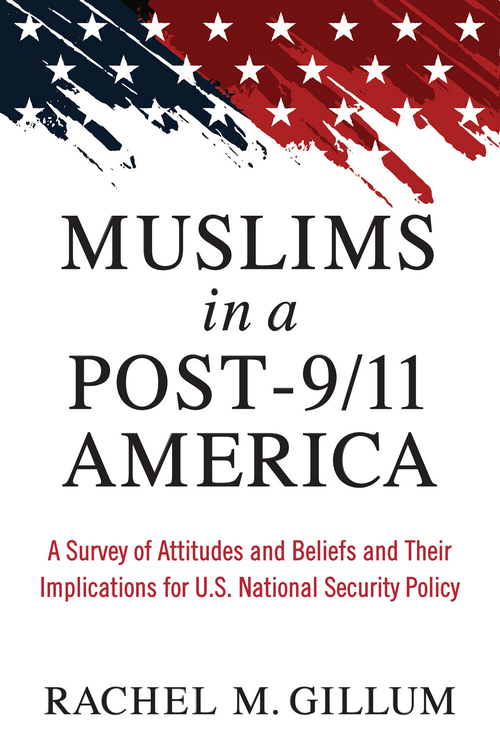
The tremendous amount of resources put toward tracking these Muslim American communities may have actually been counterproductive in making the country safer and eroded confidence in American institutions.
Freedom or Security
The changes in national policy following 9/11 changed the way of life for all Americans, restricting some civil liberties in exchange for security
Compliant, Yet Alienated
Studies show that Muslim Americans largely support law enforcement initiatives to protect the U.S. However, some counter violent extremism efforts threaten that relationship by violating the rights of nonviolent, noncriminal Muslim citizens.
Learning the Facts
Understanding the diversity, loyalty, and concerns of the Muslim American population can better serve those seeking to strengthen the U.S. national security

University of Michigan Press Ebook Collection
Interested in reading more Political Science titles? There are many more titles included in the University of Michigan Press Ebook Collection (UMP EBC), a comprehensive collection of the University of Michigan Press’s scholarly ebooks for sale to libraries.
Explore more stories:
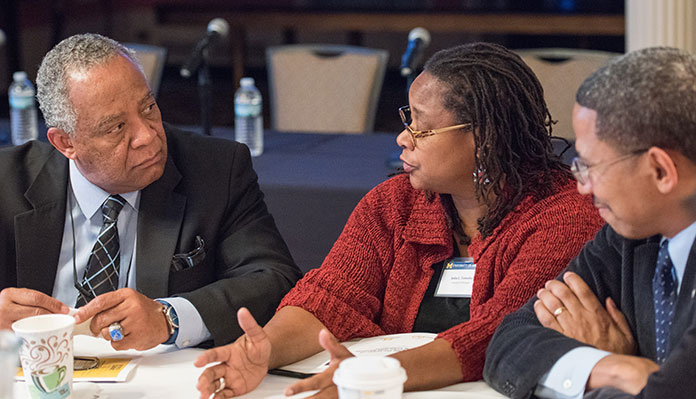
Advanced Technology
Adding Diversity to the Data Mix
The University of Michigan Library has always harnessed data to solve big problems. Now, with a recent LYRASIS grant, they will partner wit…
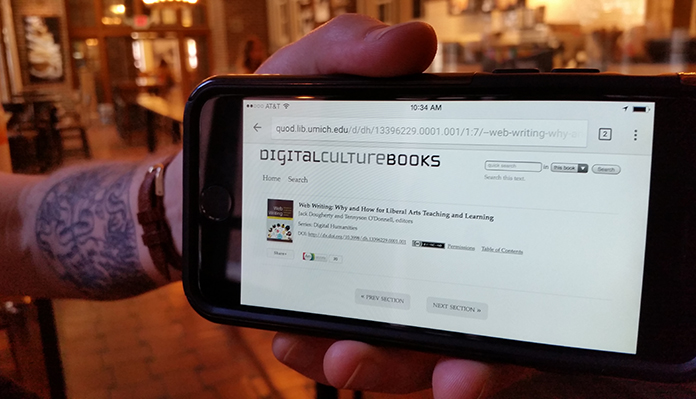
Advanced Technology | Life-Changing Education | Human Health & Well-Being
Born-accessible Publishing is Good Book-making for Everyone
Michigan Publishing is committed to leading on accessibility and disability issues. When readers with visual impairments couldn’t effective…

Democracy, Civic & Global Engagement | Sustainability & Climate Action
Cultivating the Perfect Guidebook through Teaching
University of Michigan Press publishes a rich collection of books that explore the history, culture, and environment of the Great Lakes reg…